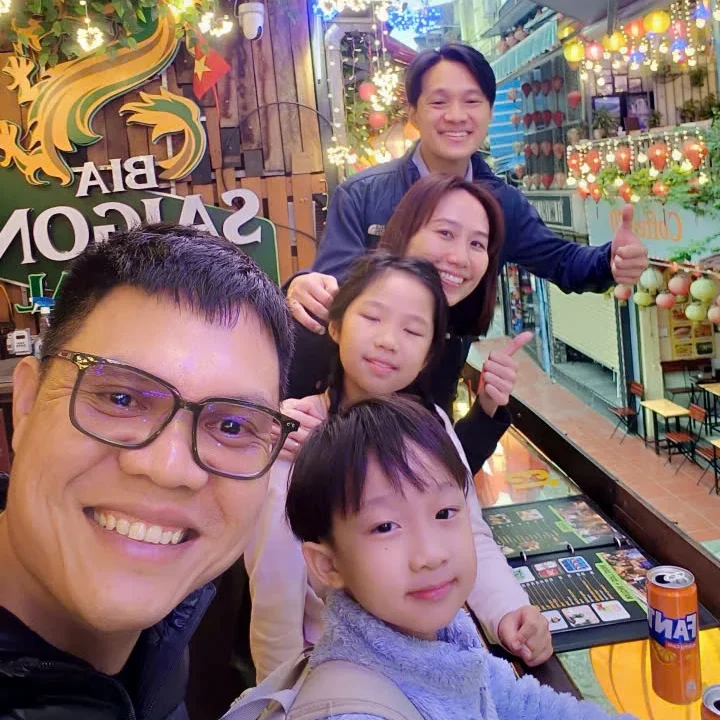Unveiling Vietnamese Superstitions: Myths and Beliefs
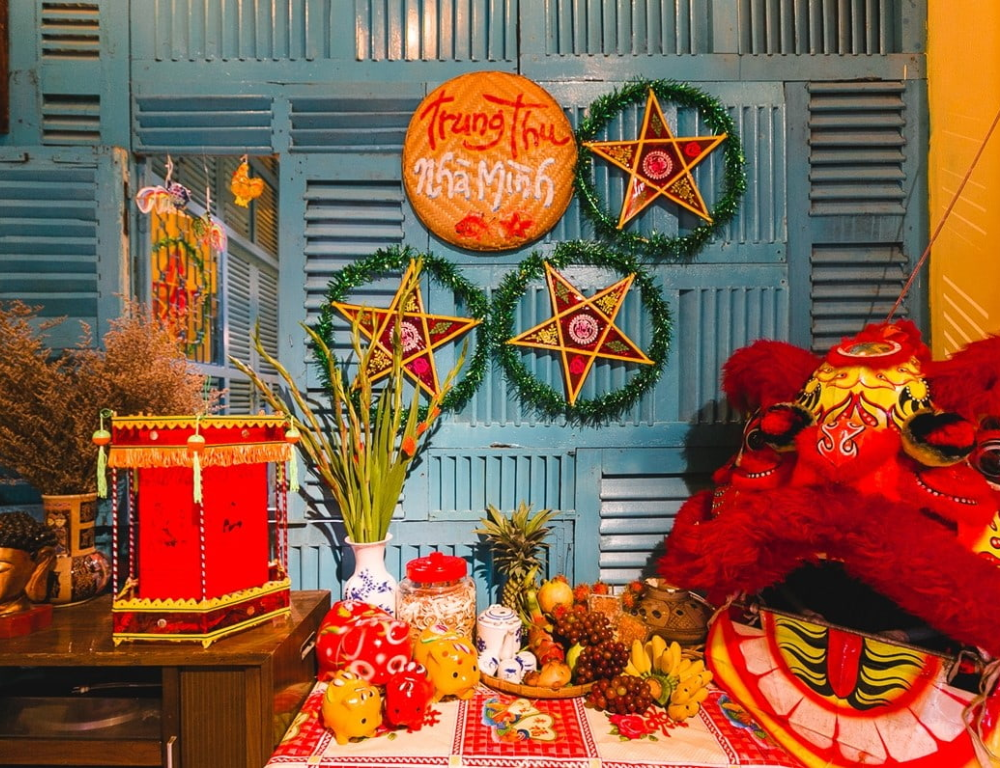
Vietnamese culture is a rich tapestry of traditions, blending ancient folklore with spiritual practices that continue to shape daily life. At its heart lies a deep connection to Vietnamese superstitions and folklore—beliefs passed down through generations that influence everything from family rituals to business decisions. In this article, we’ll explore the fascinating world of Vietnamese superstitions and the myths that give them life, offering insight into the unique worldview of this Southeast Asian nation.
Why Superstitions Are So Integral to Vietnamese Culture?
Superstitions in Vietnam stem from a blend of indigenous beliefs, Confucianism, Taoism, and Buddhism. These traditions emphasize harmony between humans, nature, and the spiritual realm. For many Vietnamese people, superstitions are not just abstract concepts—they’re practical guidelines for living well and avoiding misfortune. They permeate life events such as weddings, funerals, and even business ventures, reflecting a desire to attract good fortune and ward off bad luck.
Roots of Vietnamese Folklore
1. Influence of Ancient Beliefs
Vietnamese folklore is steeped in animism, the belief that spirits inhabit all things, from trees to rivers. This belief system laid the groundwork for many Vietnamese superstitions, where spirits can influence health, prosperity, and happiness.
2. Chinese Cultural Integration
Centuries of Chinese influence brought Confucianism and Taoist ideas, which merged with local traditions to create a unique blend of spiritual practices. Concepts like feng shui (geomancy) became integral to Vietnamese superstitions.
3. Oral Tradition
Vietnamese folklore has been transmitted orally for centuries. Myths about deities, heroes, and spirits were passed from village elders to younger generations, embedding superstitions deeply in the cultural psyche.

🇻🇳 Uncover the historical and cultural significance of Vietnamese Temples!
Common Vietnamese Superstitions
4. The Role of Good and Bad Days
In Vietnamese Culture, timing is everything. Before major events like weddings, housewarming ceremonies, or starting a business, people consult the lunar calendar to choose auspicious dates. Certain days are considered more favorable due to their alignment with spiritual energies.
5. Never Gift a Clock
In Vietnamese superstitions, gifting a clock is seen as a bad omen. The word for “clock” (dong ho) sounds similar to “the end” (chung), symbolizing the end of a relationship or even death. Instead, practical gifts or lucky red envelopes are preferred.
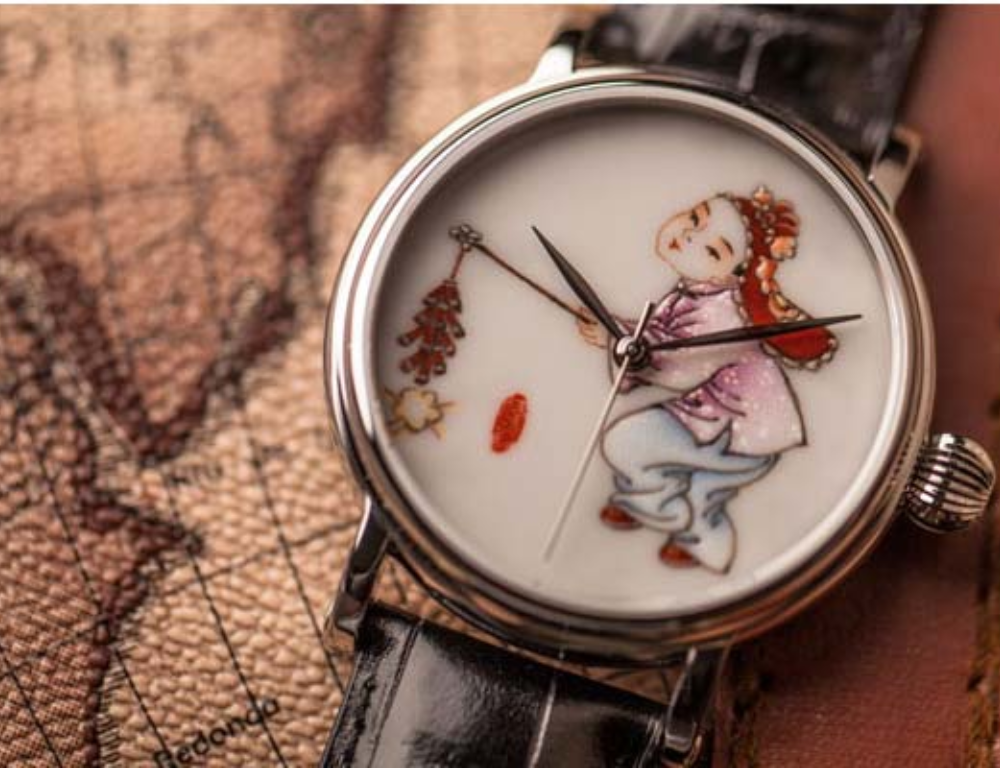
6. Sweeping Away Wealth
Avoid sweeping the floor on the first day of the Lunar New Year (Tet) as it’s believed to sweep away good fortune. This superstition highlights the importance of starting the year with prosperity and abundance.
🇻🇳 Be enchanted by the magical world of Vietnamese Water Puppetry.
Superstitions Surrounding Vietnamese Festivals
7. Tet (Lunar New Year)
Tet Holiday is a time of renewal, and superstitions are in full swing during this festival. From avoiding arguments to wearing red for luck, every action during Tet is thought to influence the year ahead.
Taboos during the 3 days of Tet: Cleaning the house before the holiday begins is essential, but as mentioned earlier, sweeping during the festival is forbidden.

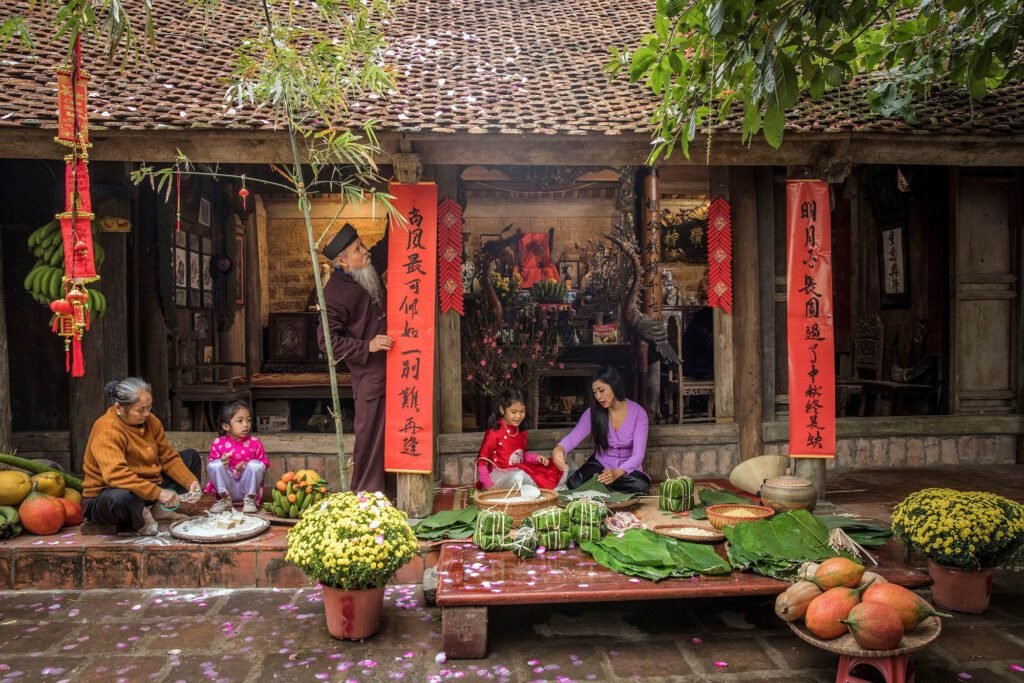
8. Hungry Ghost Month
The seventh lunar month is known as the Hungry Ghost Month. During this time, spirits are believed to roam the earth. Offerings of food, incense, and paper money are made to appease wandering souls, and activities like swimming or staying out late are avoided to prevent misfortune.
Household Superstitions
9. The Spirit of the Kitchen: Tao Quan
Vietnamese households honor Tao Quan, the Kitchen God, who oversees the family’s well-being. At the end of the lunar year, families make offerings to Tao Quan, who reports their deeds to the Jade Emperor. This tradition underscores the importance of harmony within the home.
10. Avoid Sitting on Pillows
It’s considered bad luck to sit on a pillow in Vietnamese superstition. This act is thought to bring ailments or discomfort in the future, reflecting the cultural value of cleanliness and respect for household items.
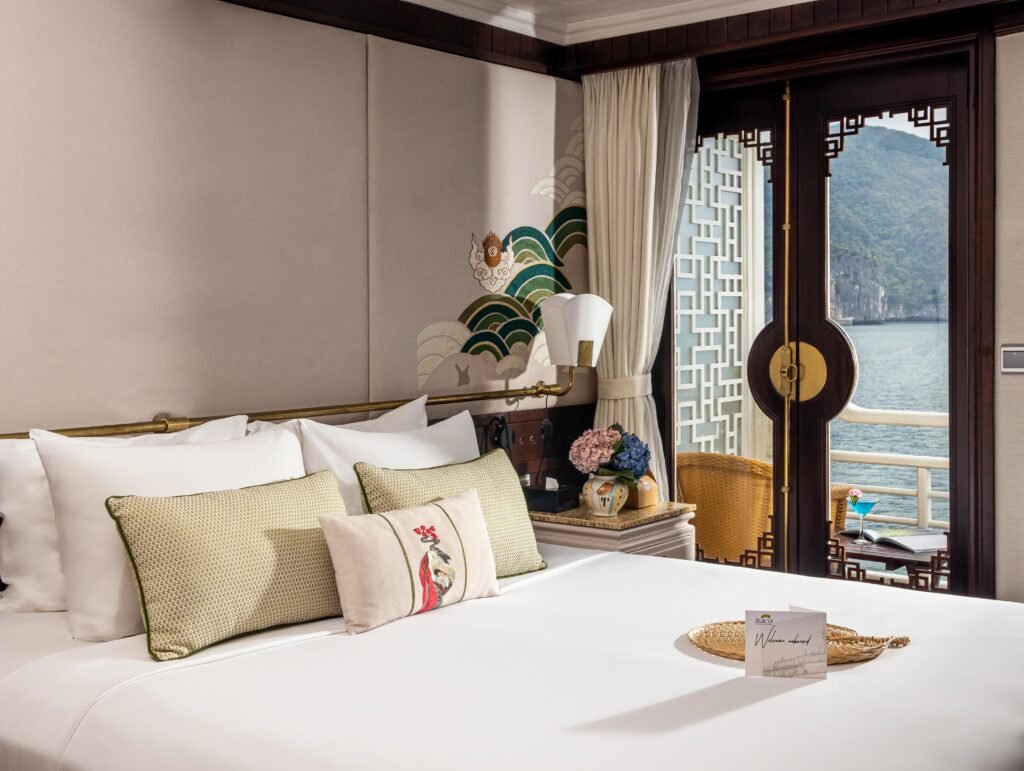
🇻🇳 Appreciate the beauty and elegance of Vietnamese Calligraphy!
Marriage and Relationship Superstitions
11. Compatibility Through Zodiac Signs
Vietnamese superstitions often determine the compatibility of couples through their zodiac signs. The 12 animals of the Vietnamese zodiac play a crucial role in matchmaking, with certain combinations considered harmonious and others seen as doomed to fail. To know more about this aspect, please read our detailed guide for first-time visitors to Vietnam!
12. The Role of Matchmakers
Traditionally, matchmakers consult astrologers or fortune-tellers to ensure a couple’s union will bring prosperity. Even today, older generations may rely on these practices to bless relationships.
📸 Immerse yourself in Vietnam’s captivating culture. From ancient temples to vibrant festivals, there’s something for everyone. | Contact us via WhatsApp or follow Sun Getaways Travel Fanpage for personalized trip planning. Or follow these posts to explore the cultural wonders of Vietnam:
Business Superstitions in Vietnam
13. Feng Shui in Business
In Vietnamese superstitions, the design and orientation of a business location are crucial for success. Feng shui principles guide the placement of doors, furniture, and decorations to channel positive energy.
14. Lucky Numbers
Certain numbers are believed to bring good fortune. The number 8, associated with prosperity, is highly sought after, while the number 4, which sounds like “death” in Vietnamese, is avoided. Phone numbers, license plates, and business addresses often reflect this preference.
15. First Customer of the Day
The first customer of the day is thought to set the tone for business success. Vendors may give discounts to the first buyer to ensure a profitable day ahead.
🇻🇳 Admire the colorful and intricate designs of Vietnamese Clothing!
Superstitions About Death and the Afterlife
16. Funeral Traditions
Vietnamese funerals are deeply rooted in superstition. The placement of the deceased’s photo, offerings of food and incense, and the choice of burial dates all follow strict rules to ensure peace for the departed and their family.
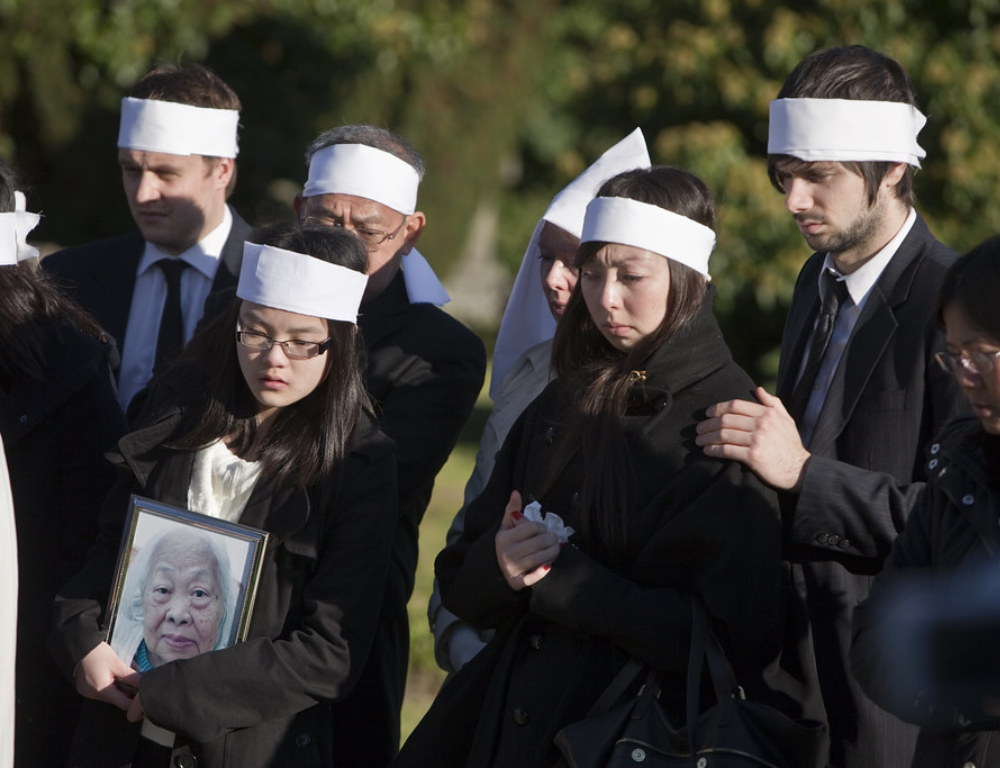
17. Dreaming of the Dead
Dreams about deceased loved ones are seen as messages from the afterlife. These dreams may offer guidance, warnings, or comfort to the living, further illustrating the spiritual connection between the physical and ethereal worlds.
Animal Omens in Vietnamese Folklore
18. Geckos and Fortune
Hearing a gecko chirp near your house is considered good luck, signaling prosperity. Conversely, seeing certain animals like snakes or owls can be seen as a bad omen.
19. Butterflies as Spirits
In Vietnamese folklore, butterflies are believed to carry the spirits of deceased loved ones. Seeing a butterfly enter your home is seen as a sign that a relative is visiting, bringing comfort to the household.

Modern Interpretations of Vietnamese Superstitions
20. Balancing Tradition and Modernity
As Vietnam modernizes, younger generations are adapting superstitions to fit contemporary lifestyles. While many still follow traditional practices, others see them as symbolic gestures rather than literal beliefs.
21. Superstitions in Urban Settings
In cities like Hanoi and Ho Chi Minh City, superstitions influence decisions in subtle ways. For example, feng shui consultants are often hired for new real estate projects, blending ancient beliefs with modern architecture.
🇻🇳 Experience the vibrant atmosphere of Vietnamese festivals!
Embracing Vietnamese Superstitions as a Foreigner
For visitors to Vietnam, understanding local superstitions can enhance your cultural experience. Respecting these beliefs, whether it’s avoiding taboo gifts or participating in traditional ceremonies, shows an appreciation for Vietnamese culture and fosters meaningful connections.
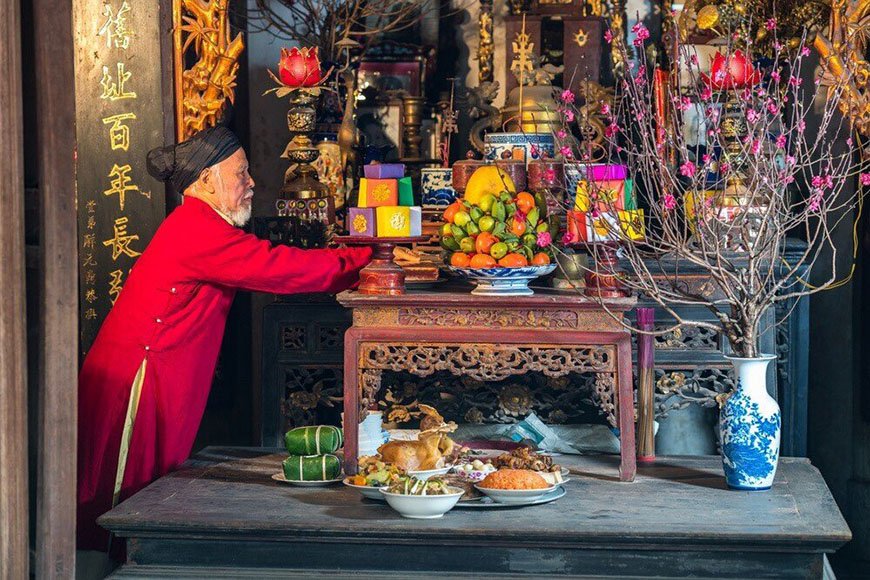
FAQs
1. Are Vietnamese superstitions still widely practiced?
Yes, many Vietnamese people continue to observe superstitions, especially during important events like Tết, weddings, and funerals.
2. What is the significance of red in Vietnamese culture?
Red symbolizes luck, happiness, and prosperity in Vietnamese superstitions. It’s often worn during celebrations like Tet or weddings.
3. Why is the number 4 considered unlucky in Vietnam?
The pronunciation of the number 4 sounds like “death” in Vietnamese, making it an inauspicious number in superstitions.
4. Do young people in Vietnam follow superstitions?
Younger generations may not strictly follow all superstitions but often respect them during traditional ceremonies or festivals.
5. Can foreigners participate in Vietnamese rituals?
Absolutely! Most Vietnamese people appreciate foreigners showing interest in their culture and are happy to explain their traditions and rituals.
Final Thoughts
Vietnamese superstitions and folklore are more than just old wives’ tales; they’re an integral part of the nation’s identity, weaving together history, spirituality, and cultural values. From choosing lucky dates to honoring household spirits, these beliefs offer a fascinating glimpse into the Vietnamese way of life. Whether you’re exploring Vietnam or simply curious about its traditions, embracing these superstitions will deepen your appreciation of this vibrant culture.
Experience Vietnam like never before with Sun Getaways Travel. Our all-inclusive trips cover every detail, from accommodations and transportation to unforgettable experiences, depending on your interests (Our Customized Private Tour for each customer to Vietnam 🇻🇳). Ready to embark on your next adventure?
Ask a question
Leave a Comment (0)
No questions yet. Be the first to ask a question!

